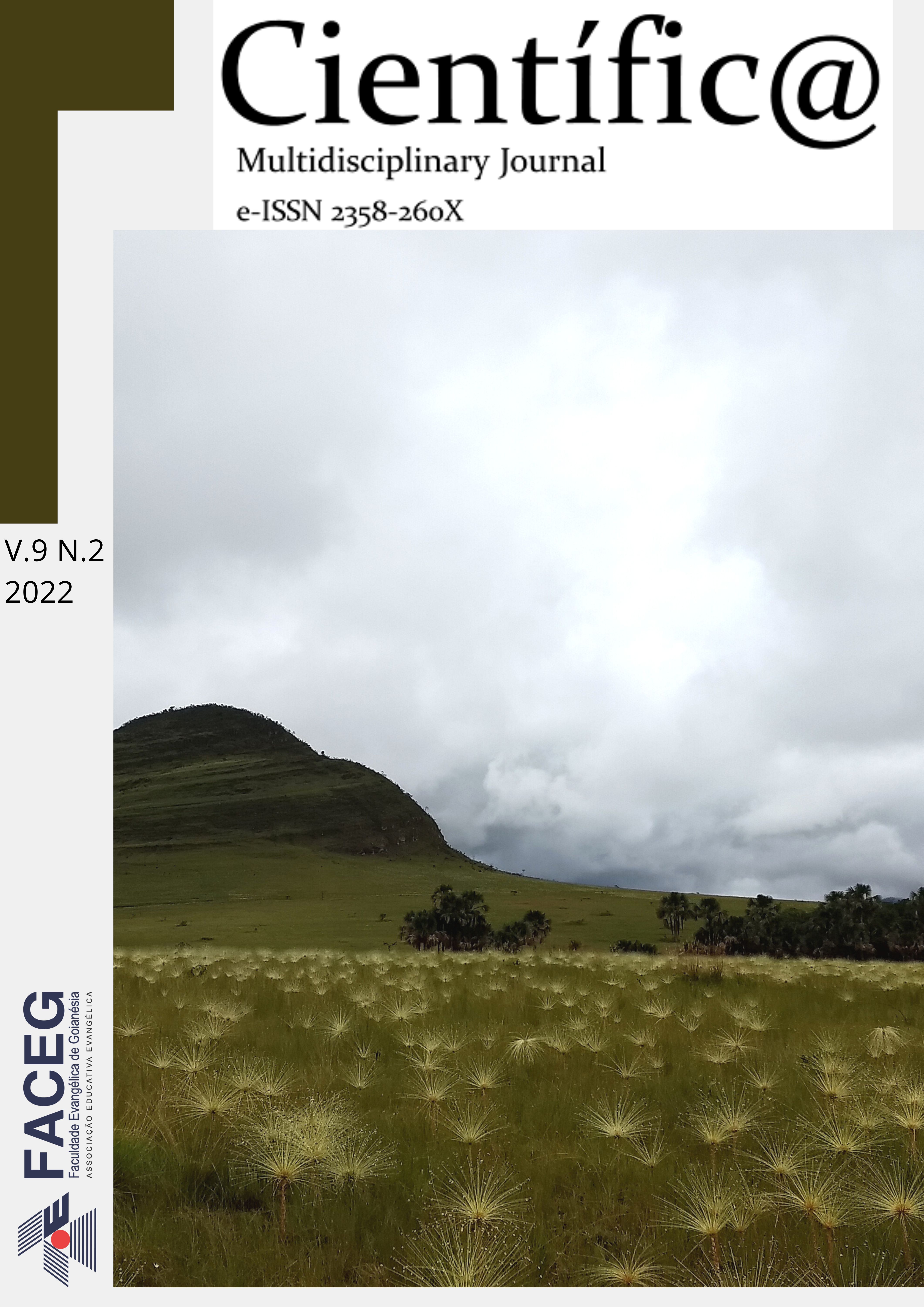UNEMPLOYMENT: RELATION BETWEEN SELF-EFFICIENCY AND SUBJECTIVE WELL-BEING
DOI:
https://doi.org/10.37951/2358-260X.2022v9i2.6002Abstract
A study about self-efficacy, subjective well-being and unemployment, and aims to verify the relationship between personal characteristics (demographics), self-efficacy and subjective well-being of unemployed workers in Goiânia-Go, and metropolitan area . It is structured in two parts. At first, it is a theoretical review on the subject with historical survey about the work category, focusing its contents nowadays. Introducing self-efficacy approaches based on Albert Bandura theories which support this construct, and also the concepts and ideas related to this subjective well-being. The second part presents some empirical studies about several researchers and a research about the topic of this work, which provided a sample with 254 unemployed in the city of Goiânia and region. Data were obtained through the agencies of the National Employment System (NES), staffing agencies and an education school for youth and adults. As item of the research a sociodemographic questionnaire related to unemployment, self-efficacy scale containing 19 items related to the issue of unemployment developed by Fields (2011) were used and a subjective well-being (Ebes), which includes 47 items measuring positive and negative affection, developed and validated by Trócolli and Albuquerque in 2004. Data was restricted to government agencies and Goiania companies. The data reveal that a significant proportion of unemployed is from other states and the profile of people surveyed is in the national standard. We analyzed the regression between self-efficacy, sex, age, duration of unemployment, and subjective well-being of the unemployed. The results show that positive affection is explained by 25% by the variables gender (beta = 0.22, p = 0.003) and self-efficacy (beta = 0.41, p = 0.000). However, age and duration of unemployment do not explain positive affection reported by the unemployed.
Downloads
Published
How to Cite
Issue
Section
License
Esta revista oferece acesso livre imediato ao seu conteúdo, seguindo o princípio de que disponibilizar gratuitamente o conhecimento científico ao público proporciona maior democratização mundial do conhecimento.
A partir da publicação realizada na revista os autores possuem copyright e direitos de publicação de seus artigos sem restrições.
A Revista Científic@ - Multidisciplinary Journal segue os preceitos legais da licença Creative Commons - Atribuição-NãoComercial 4.0 Internacional. 

